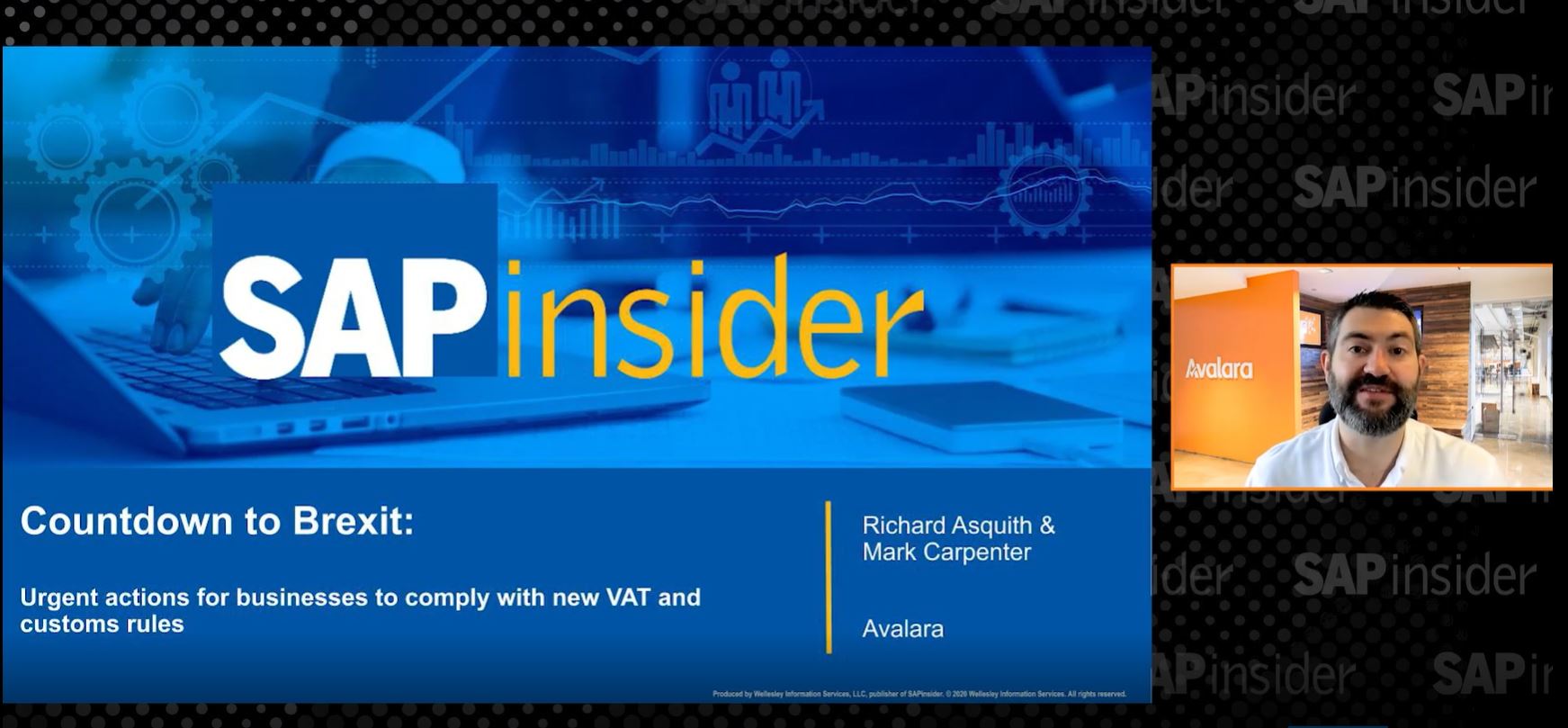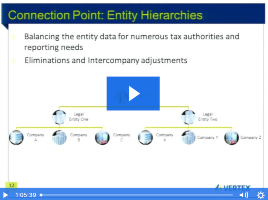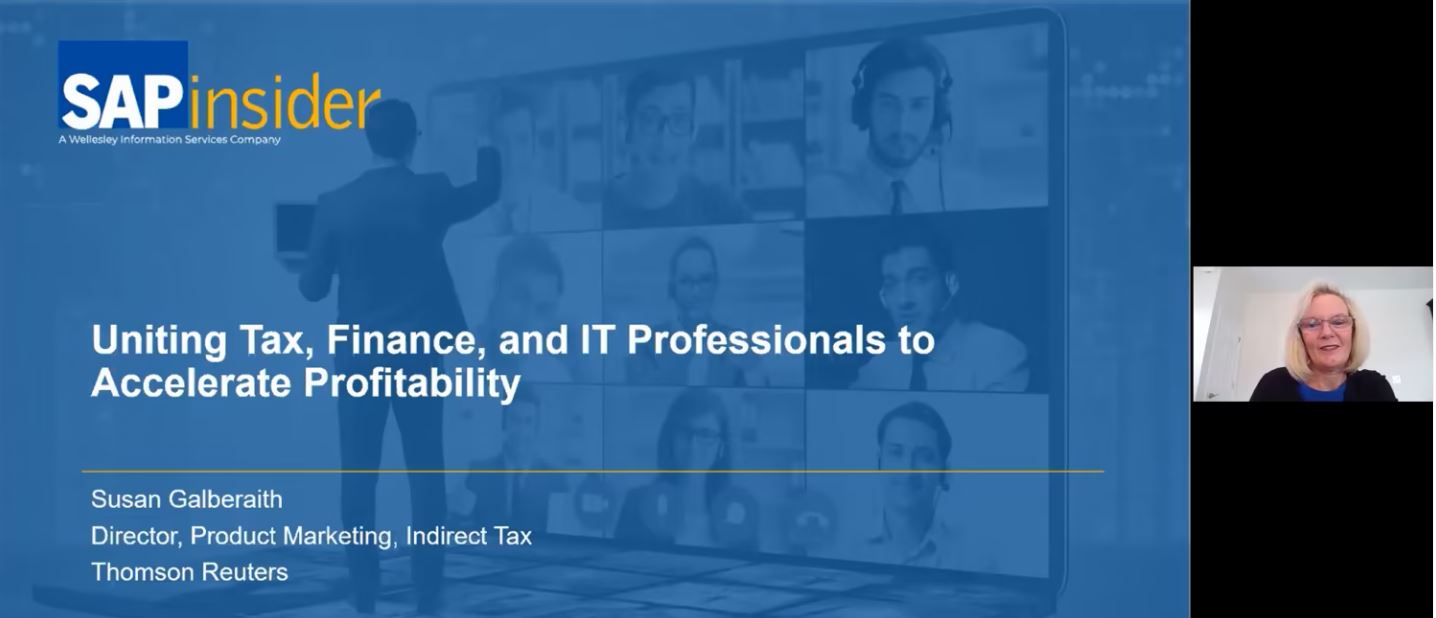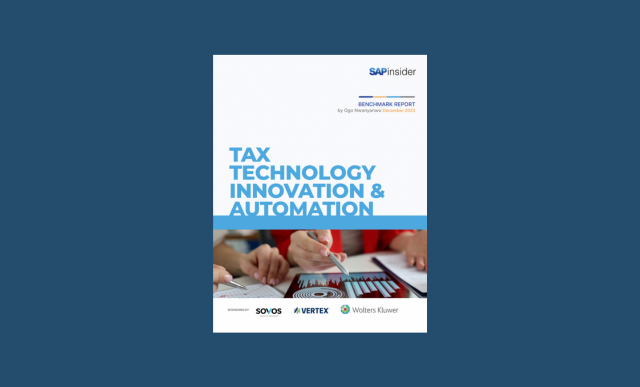Growing Compliance Complexity Driving Approach to Tax Planning, Tax Technology and Innovation
Meet the Authors
Key Takeaways
⇨ Finance and tax leaders face the increasing complexity of compliance management, governance, and regulations.
⇨ SAP S/4HANA-enabled transformation has far-reaching impacts on tax departments, including Direct Tax, Indirect Tax, Transfer Pricing, and Trade & Customs.
⇨ Tax teams should harness advanced technologies to enable more robust tax compliance.
The global tax landscape has become increasingly complex, as governments around the world are changing the ways that they monitor companies and ensure compliance. SAP S/4HANA-enabled transformation has far-reaching impacts on tax departments, including Direct Tax, Indirect Tax, Transfer Pricing, and Trade & Customs. To explore the implications on tax planning, tax technology, and innovation, we sat down with Kelley Lear, Vice President of Partnerships and Alliances at Thomson Reuters and Sanford Fisher, Director of Tax Management Services at KPMG.
In this article, we will discuss the new challenges SAP organizations face due to increasing digital tax administration. This includes how governments worldwide are tightening regulations, implementing real-time auditing procedures, and enhancing their tax collection capabilities. Readers will also learn about how they can embrace holistic tax planning in the digital era. One key piece of this puzzle is leveraging the SAP S/4HANA for tax planning, as well as utilizing other advanced technologies that make it easier for companies to remain compliant.
With digital tax administration expanding globally, it is crucial for organizations to take a proactive approach to tax compliance and reporting. By embracing advanced tax technologies and adopting a holistic approach to tax planning, particularly during SAP S/4HANA migrations, organizations can position themselves for success. These strategic decisions not only align tax strategies with broader business goals but also ensure that tax considerations are integrated into every aspect of operations. This proactive stance reflects a shift from approaching tax compliance as a mere obligation to recognizing it as a crucial aspect of strategic business decisions.









